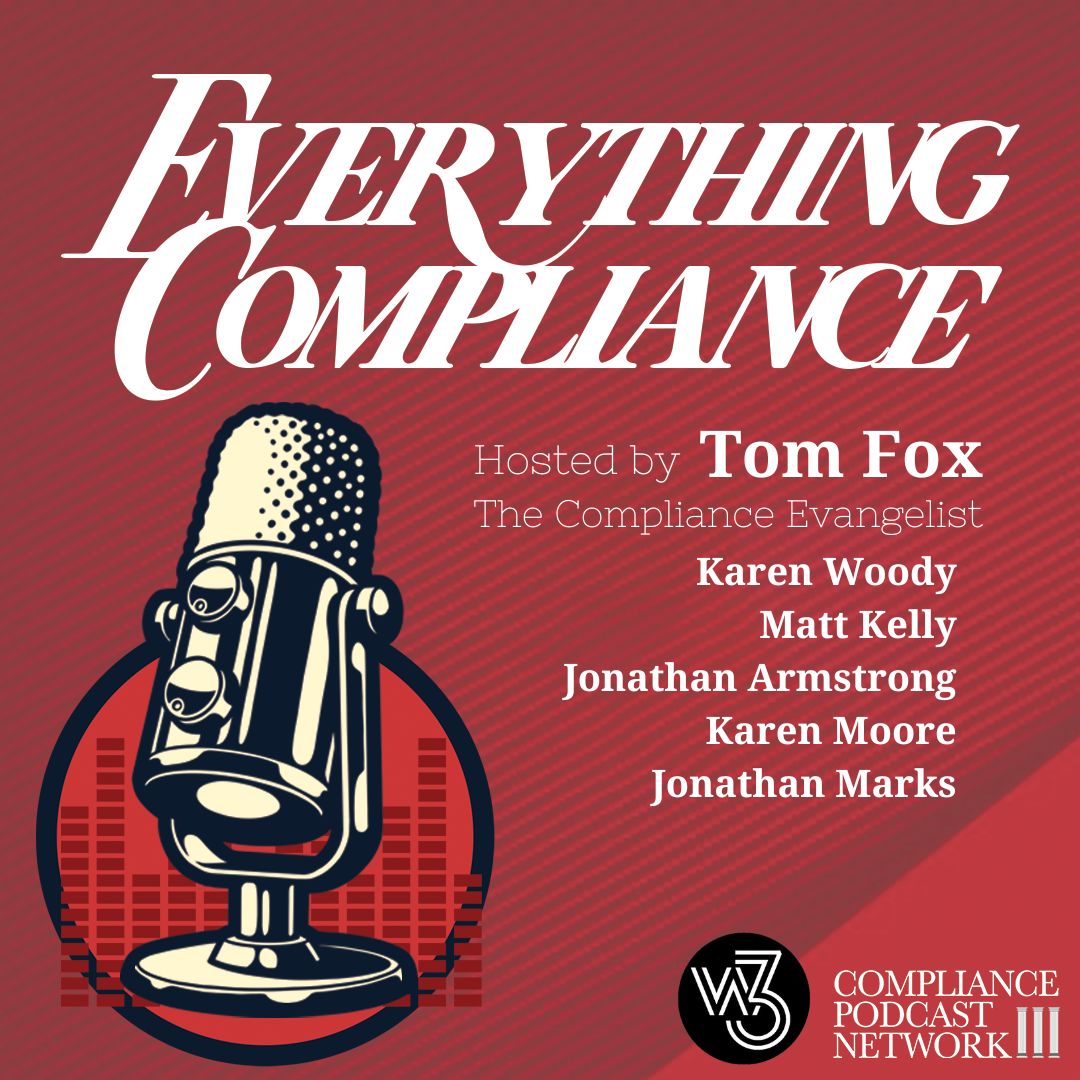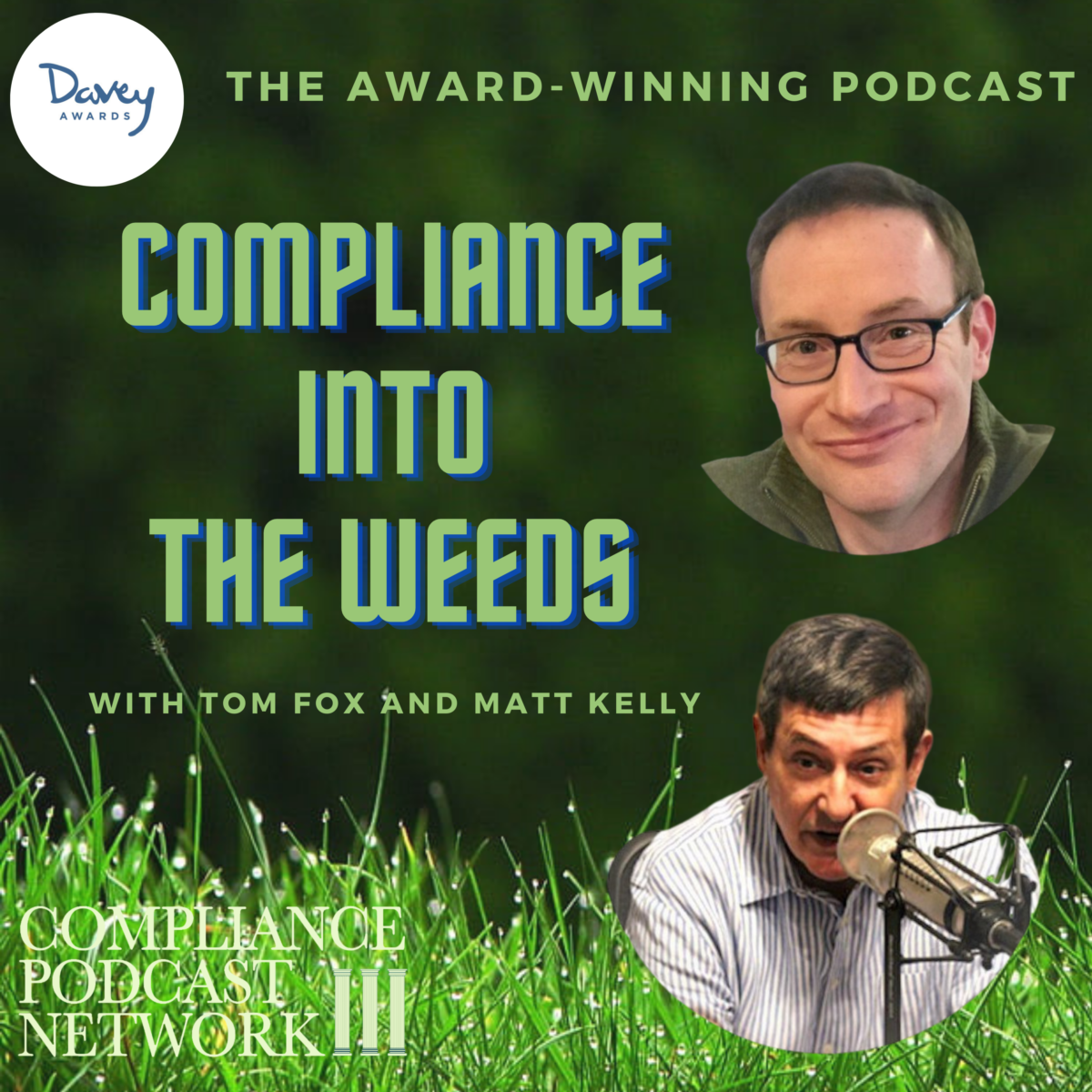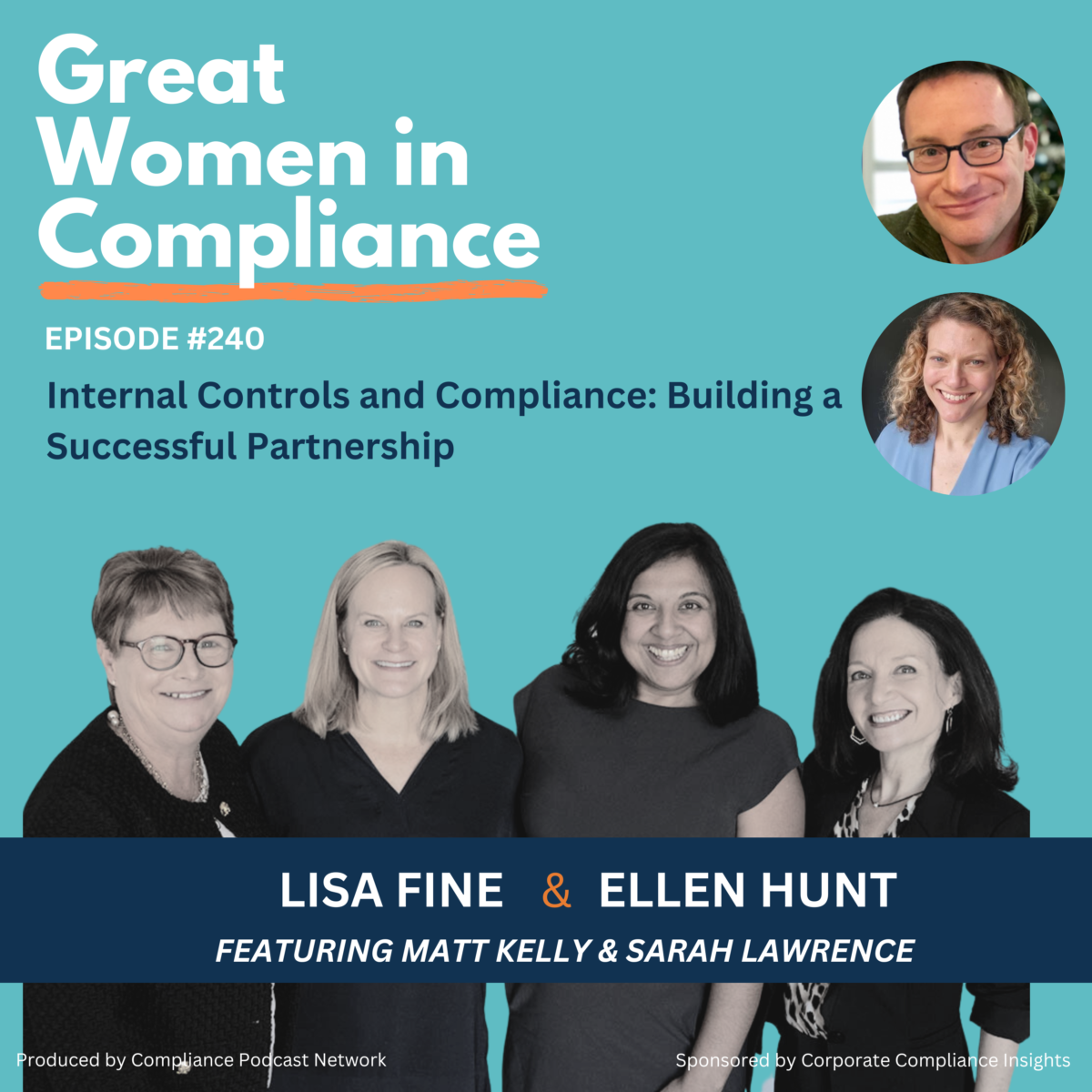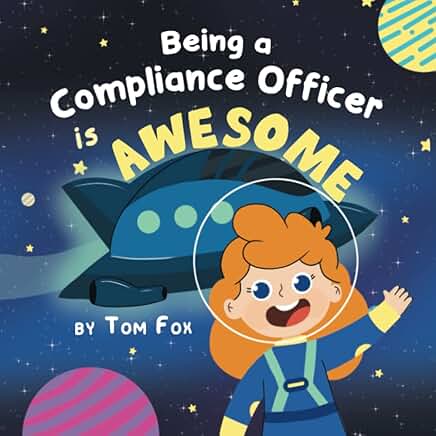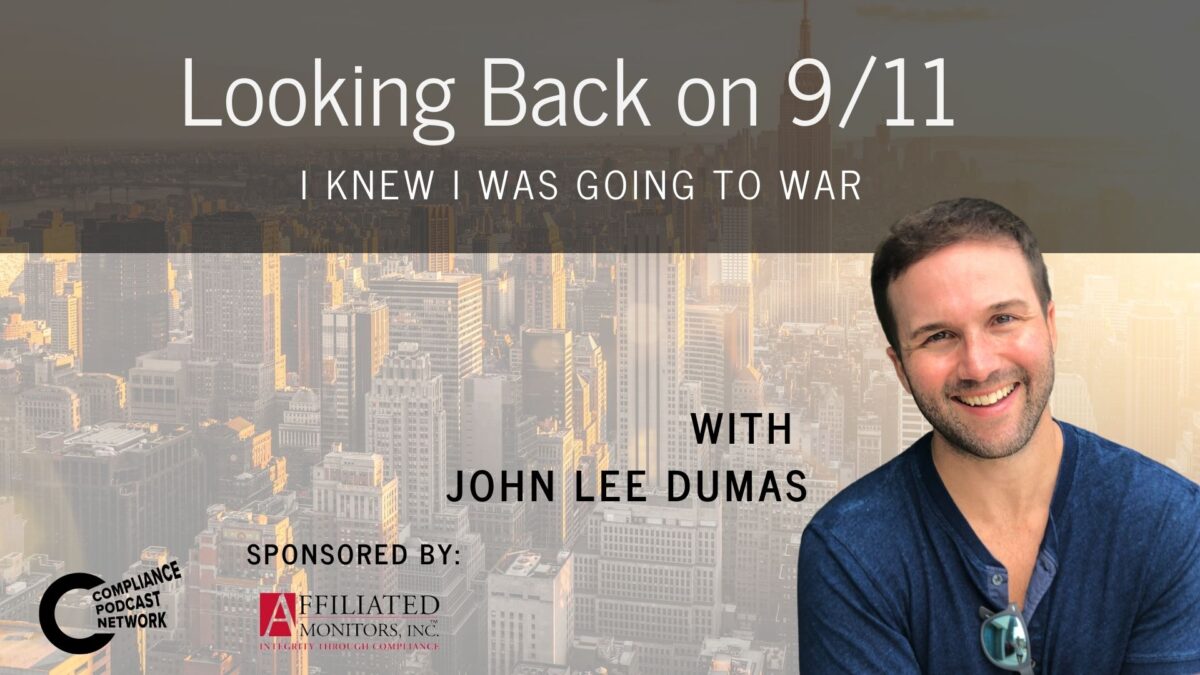In 2024, compliance is no longer just a check-the-box function but a vital component of risk management, corporate governance, and business strategy. As companies scale and regulations become more complex, the traditional methods of managing compliance—using spreadsheets, SharePoint, and manual processes—are proving inadequate. In a recent episode of the Innovation in Compliance podcast, Travis Howerton, Co-Founder and CEO of RegScale, emphasized the importance of automation in compliance, mainly through the lens of cybersecurity, digital transformation, and the growing regulatory burden. Their conversation sheds light on why compliance professionals need to embrace automation now more than ever.
Compliance and Digital Transformation: A Necessary Partnership
Compliance is often seen as the enemy of innovation, a cost center, and a roadblock to business development. Howerton recalls a time when cyber and compliance were usually viewed as the “no” force in an organization, blocking new initiatives due to concerns over risk. But times have changed. Compliance is no longer a hindrance to business growth but an enabler, especially when integrated into a company’s digital transformation efforts.
Howerton strongly advocates for compliance professionals to rethink their approach and adopt a more proactive stance. Rather than being the department that says no, compliance can empower businesses to move faster and innovate more effectively—provided they have the right systems in place.
Automation is key to this transformation. RegScale aims to digitize regulatory requirements into code, moving away from cumbersome and static processes like filling out spreadsheets and chasing paper trails. Automation makes compliance a “free outcome” of operational excellence, enabling businesses to focus on innovation without sacrificing their risk posture.
Why Continuous Monitoring Matters
The importance of continuous compliance monitoring is evident as regulatory frameworks become increasingly complex. Regulations evolve, not just in scope but also in speed, and a one-time audit or annual review is no longer sufficient. Continuous monitoring ensures compliance is not reactive but an ongoing activity that adapts as risks emerge and regulatory requirements change.
Manual processes have problems, and Howerton was quite candid about their limitations. Relying on spreadsheets, while familiar and easy to set up, often results in outdated or incomplete data. Compliance professionals who still rely on these methods work in a reactive mode, responding to issues only after they become serious. Worse, the inefficiencies of manual tracking can lead to missed deadlines, incomplete audits, and a false sense of security.
With automation, companies can continuously monitor compliance, ensuring they meet today’s standards and are prepared for tomorrow’s changes. Automated tools also reduce the risk of human error and can flag issues in real time, allowing compliance teams to address risks before they escalate.
How Automation Enhances Cybersecurity Compliance
Automation is not simply a nice-to-have for highly regulated industries like finance, healthcare, and national security; it is essential to doing business. Compliance in these sectors is about meeting external regulatory requirements and protecting the business’s core assets—its data, infrastructure, and, ultimately, reputation.
Howerton noted that cybersecurity has become a board-level concern for organizations across industries. No matter which party is in power or how political landscapes shift, cybersecurity will continue to be a top priority for businesses. A breach can lead to massive financial losses, reputational damage, and legal liabilities. Yet, cybersecurity compliance is notoriously difficult to manage, especially when relying on manual processes.
Automated compliance solutions can integrate cybersecurity frameworks into operational processes. Instead of requiring constant manual updates and reviews, these systems can continuously monitor for threats and ensure the necessary protections are in place.
Moreover, compliance officers can shift from reactive to proactive by digitizing regulations and automating reporting. They can focus on managing actual risks rather than spending time maintaining paperwork. This approach transforms compliance from a burdensome process into a critical driver of business value.
Overcoming Resistance to Automation
Despite the clear benefits, there is still resistance to automation in many compliance departments. Howerton acknowledges that much of this resistance is cultural. The introduction of automation may threaten some professionals, especially those with legal or non-technical backgrounds who worry that it will eliminate their roles. Others may believe that their current manual systems are “good enough.”
However, as Howerton explains, the pace of regulatory change and the speed at which new risks emerge mean manual processes are no longer sustainable. “Software is eating the world,” he says, and compliance is no exception. The complexity of managing compliance in a digital world will overwhelm businesses that need to adapt.
How can compliance professionals overcome this reluctance? By reframing the conversation. Automation doesn’t eliminate jobs; it enhances them. By taking over the repetitive, time-consuming tasks that no one enjoys—like chasing down documentation or managing endless spreadsheets—automation allows compliance professionals to focus on the higher-level strategic work that truly matters: managing risk, advising the business, and ensuring long-term compliance.
The Cost of Inaction
The most compelling reason to embrace automation is the cost of inaction. Compliance breaches can be devastating, both financially and reputationally. A breach or failed audit does not simply result in fines; it can lead to a loss of trust among customers, investors, and stakeholders.
In the long term, the organizations that thrive will have seamless, scalable, and sustainable integrated compliance into their business processes. Manual processes may have worked in the past, but as we approach 2030 and beyond, they will not be enough to keep up with the pace of change.
Howerton closes the discussion with a powerful analogy: “You don’t have brakes on a car to slow down; you have brakes so you can drive fast.” Compliance allows businesses to move faster, innovate more, and confidently explore new opportunities when done right. By embedding automation into their compliance programs, companies can protect themselves from risk while driving forward into new markets and opportunities.
The Future of Compliance is Automated
As we look to the future, one thing is clear: automation is no longer optional for compliance professionals. The growing complexity of regulations, the need for real-time monitoring, and the increasing importance of cybersecurity make it only possible for companies to rely on manual processes. Continuous monitoring, powered by automation, will be the key to managing these challenges effectively.
For compliance professionals, the time to embrace automation is now. The future is coming faster than ever, and those who fail to adapt risk being left behind.


